The AfD and the Commemoration of the Holocaust: The Power of the Past to Shape the Present
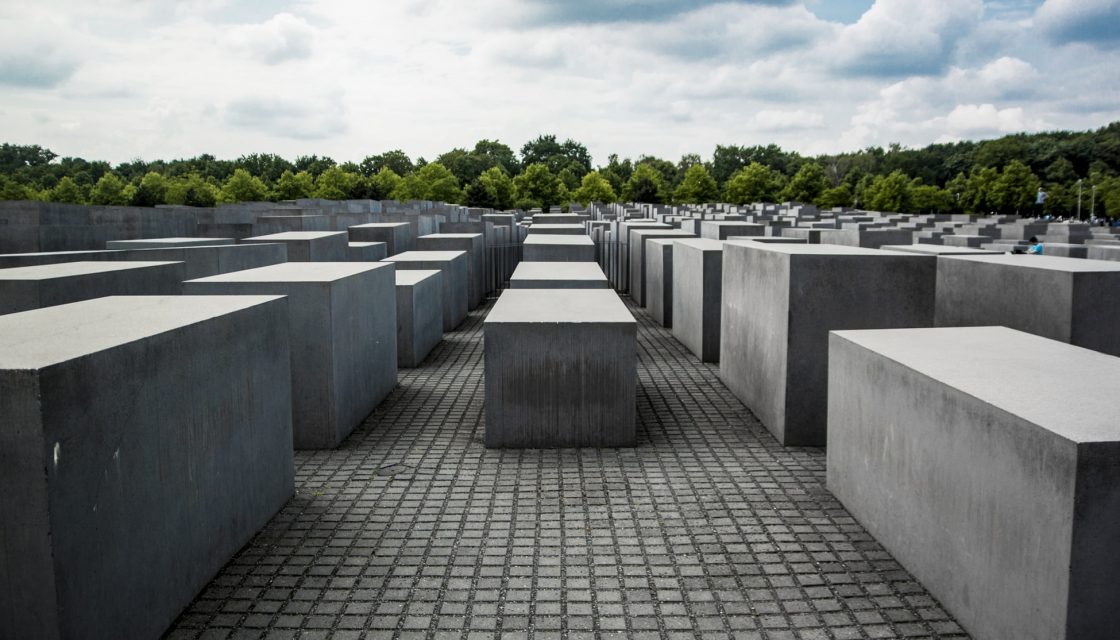
Acknowledging the importance of a continuous examination of the abhorrent crimes committed during the Third Reich, German Holocaust commemoration policy has been nothing to compromise on for the last decades. Nevertheless, with the rise of the right-wing party Alternative für Deutschland (AfD), one can observe an increased tendency to question the importance and adequacy of the established Holocaust commemoration. Is the power of the past to shape the present fading away? By… Read More
Street Fights: White Fragility in the Debate on Colonial Legacies in the Streets of Berlin
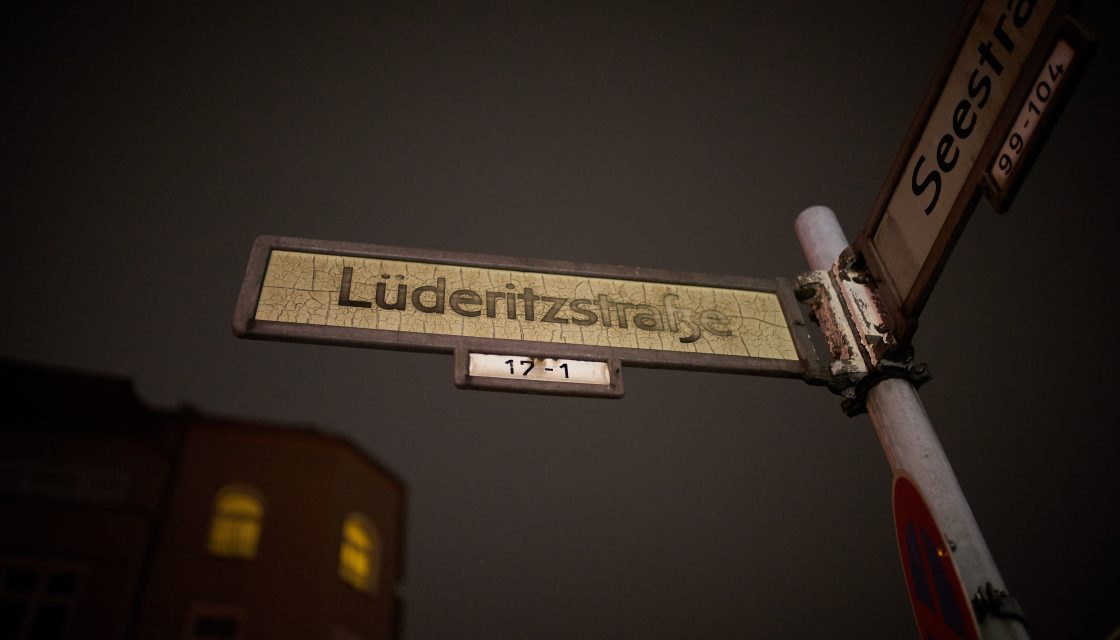
Carl Peters, Adolf Lüderitz and Gustav Nachtigal were once colonial heroes of the German Empire. But as colonialism came to be recognized as an inherently unjust endeavor, a group of activists started a movement to rename the streets in Berlin honoring them, thereby sparking a fierce debate about historical and racial narratives that is symptomatic of the current state of race relations in Western societies at large. By Elias Hartmann Introduction The… Read More
Commemorating Communist Rule in Hungary: The Role of History in Times of Democratic Decline
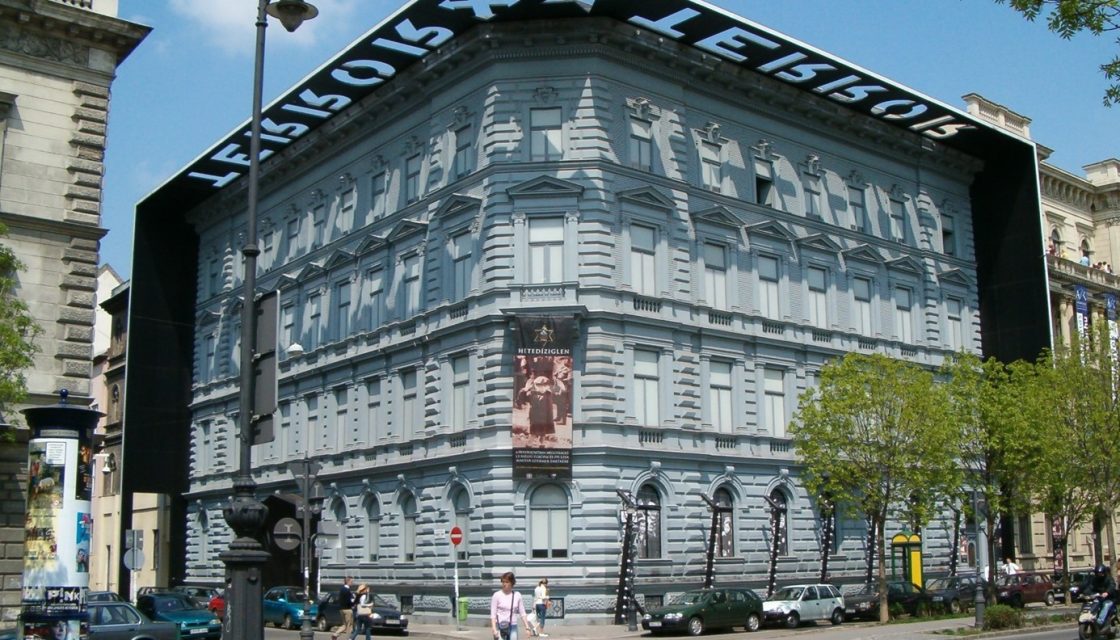
Current political developments in Hungary and the country’s path towards democratic consolidation after the collapse of State Socialism prompt the question of how the past is reinterpreted in Hungarian politics today. How does Viktor Orbán, Hungary’s current Prime Minister, use history to shape the public discourse in his most recent public memorial speeches? Besides gaining knowledge of the past in order to understand the present, it is similarly important to understand its… Read More
Katyn 2? How the Tragedy of Smolensk is Used in Polish Politics
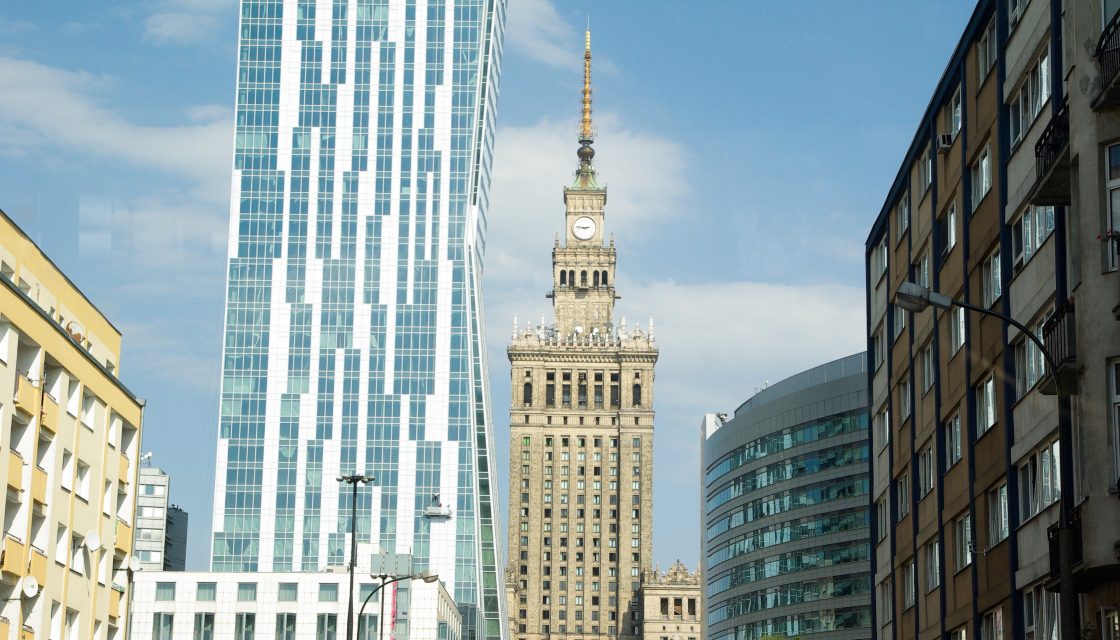
The crash of the Polish presidential plane near Smolensk in April 2010 was a tragic loss for Poland in its entirety and still haunts the country today. This essay sets out to investigate how the disaster and the historically-laden site of Katyn has been and is used by political actors in Poland. By Florian F. Christ Nine years since the crash of Poland’s presidential plane, the tragedy continues to haunt Polish… Read More
Orbán and the Hungarian Holocaust: Historical Distortion for Political Gain?
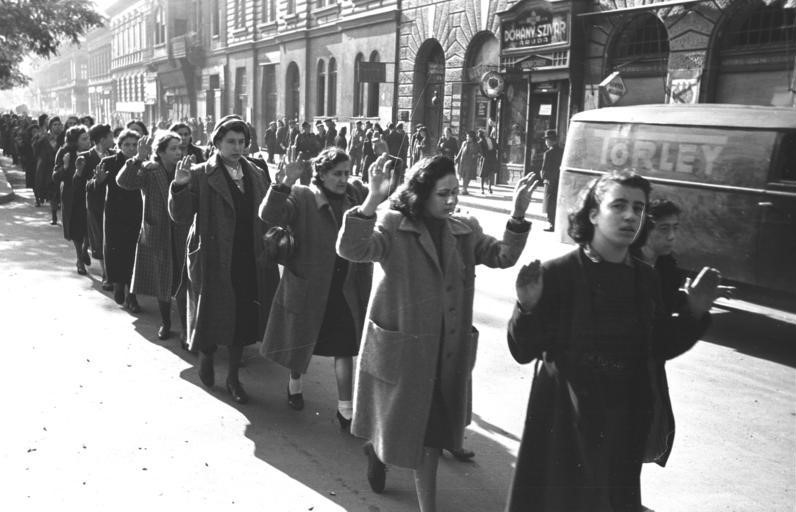
Under Viktor Orbán’s rule, the history of the Holocaust has increasingly been distorted. By denying and misrepresenting the crucial facts of the Holocaust in Hungary, the aim is to rehabilitate the Hungarian collaborationist government of Admiral Miklós Horthy, the Regent of Hungary during Hitler’s Third Reich, and cleanse the historical record of the Nazi era. In order to explore Hungary’s process of coming to terms with its past, this essay analyses the… Read More
Ein literarischer Brückenschlag. Zum Tod von Aharon Appelfeld
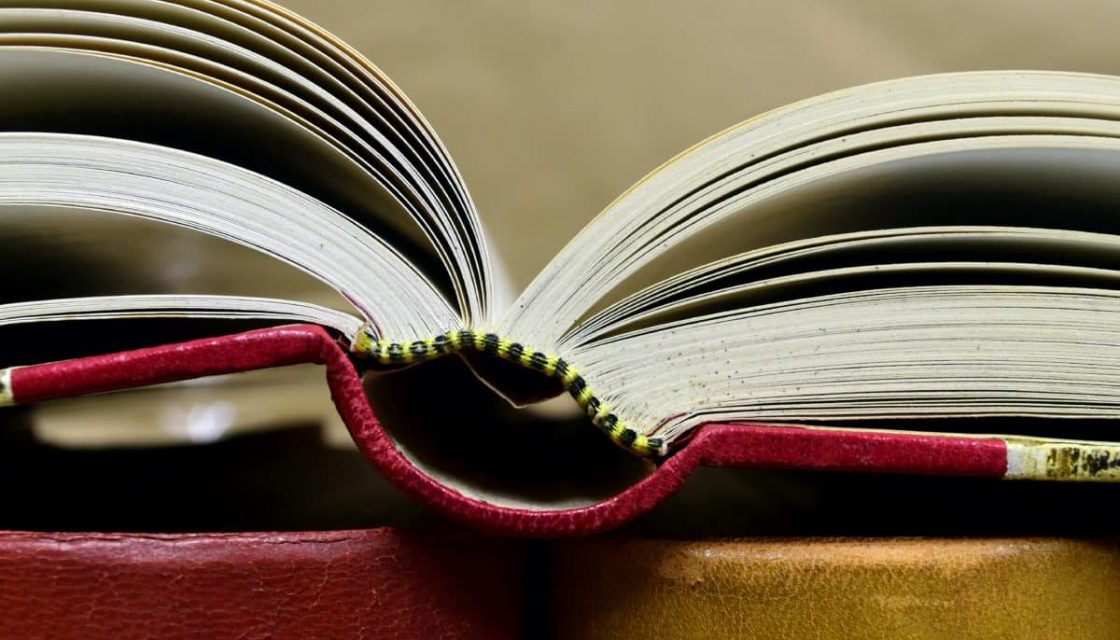
Anfang Januar verstarb der israelische Schriftsteller Aharon Appelfeld im Alter von 85 Jahren. In unzähligen Romanen warf er einen Blick auf die untergegangene Welt seiner Eltern und Großeltern. Ein Rückblick auf das Leben und Schreiben eines Menschen, der Brücken schlug. An einem beliebigen Abend in der ersten Januarwoche des neuen Jahres 2018 traf ich zwei Freunde und Kollegen. Wir saßen bei Kaffee und Wein in einem Kaffeehaus in Tel Aviv nahe des… Read More
Poland – Quo vadis?
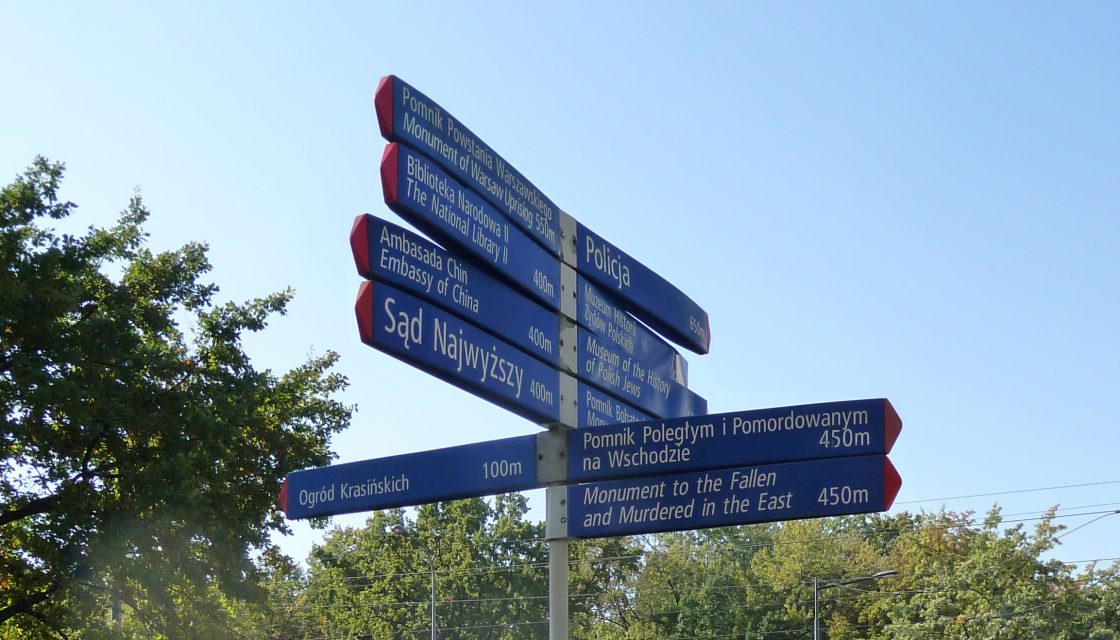
„The European Union was a dream of few. It became a hope for many. Today it is a necessity for all of us”.[1] Already in 1954, the former German chancellor Konrad Adenauer declared this still having the echoes of World War II in his mind. From today’s perspective and from my point of view, being a member of a young European generation, I look differently on Konrad Adenauer’s Europe than he did…. Read More
Placing All Bets on Memorials: Memory Mania Goes Balkans
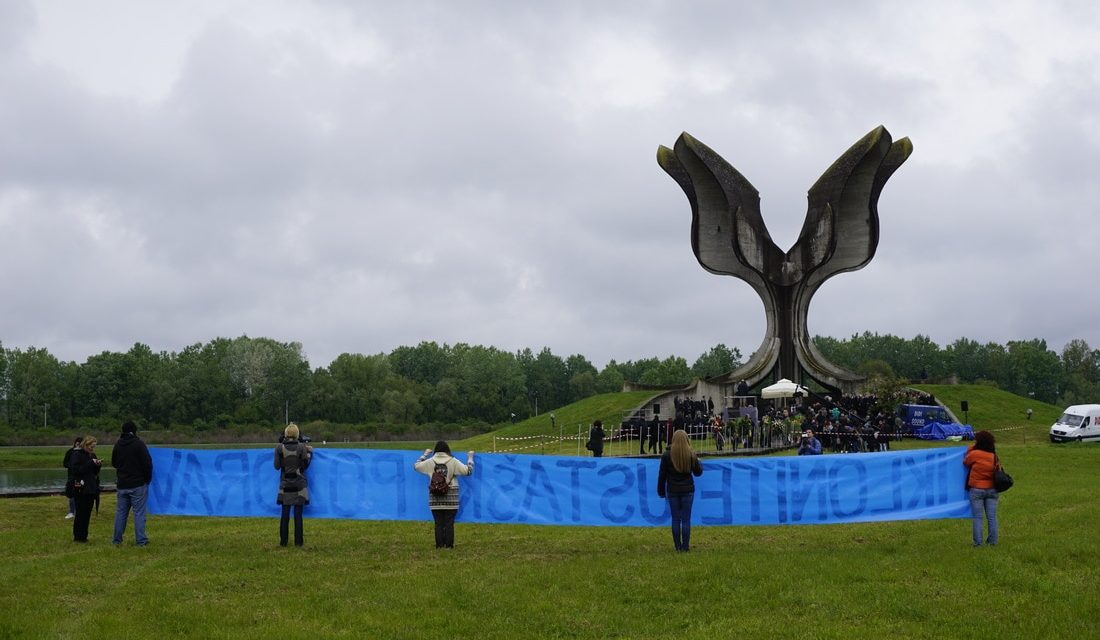
As Confederate war memorials are being removed or relocated across the United States, Ana Milosevic looks at “memory mania” in the Balkans — and the various meanings and purposes of monuments. At a recent symposium on European remembrance, I asked three experts in dealing with the past about the road to reconciliation. Does it begin as a political process or should it be initiated by a collective need to come to terms with… Read More
The Myth of a European Memory: A Voyage to Poland and Back

More than a quarter of a century after the fall of the iron curtain, western and eastern Europe are still divided, especially when it comes to collective interpretations of the European past. Whereas the centrality of the Holocaust for European memory politics has been widely accepted in the west, this paradigm is challenged by many voices within eastern European states. Revisiting Poland – literally and through the lenses of literature and film… Read More
Europe in a New Key: A Dispatch from Athens
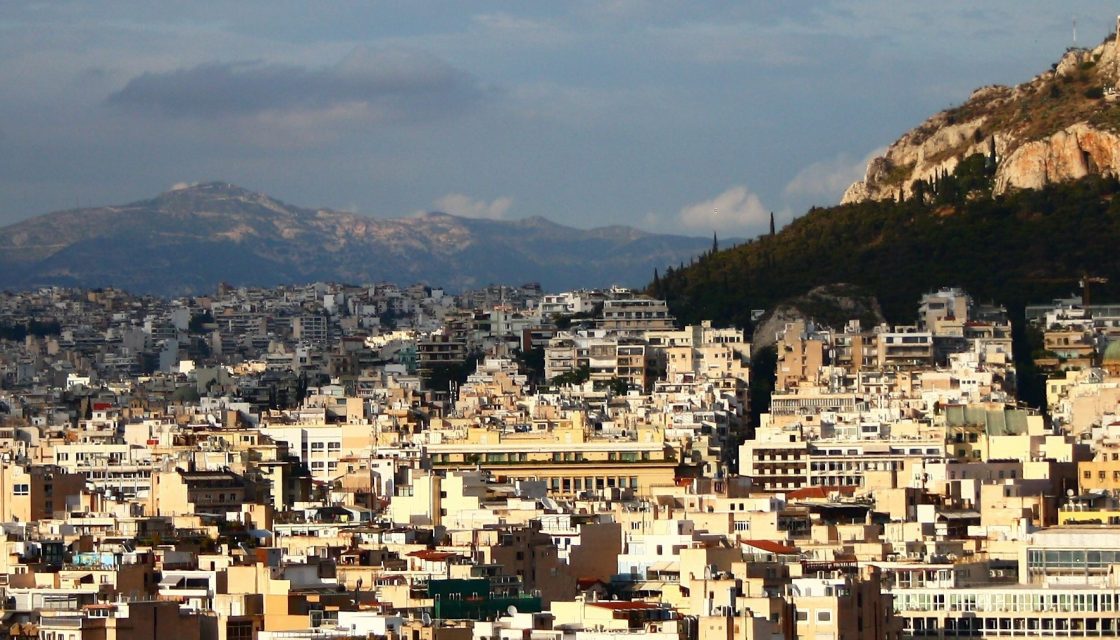
Europe’s post-war period is over. But how should we approach the history of our age? In this essay, Camilo Erlichman reflects on the possible themes for a history of the present by looking at the continent from the vantage point of its interpretative fringes. It has now been more than a decade since the late Tony Judt published his monumental history of post-war Europe that has become one of the standard accounts of the period. In his… Read More